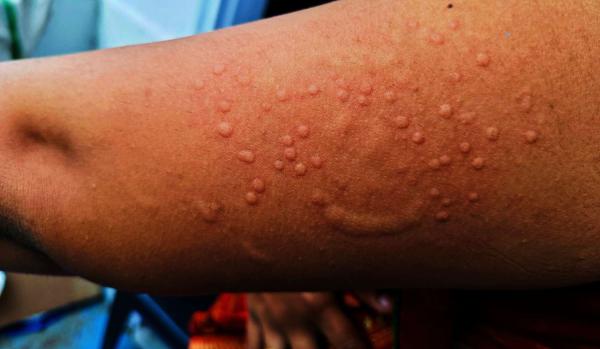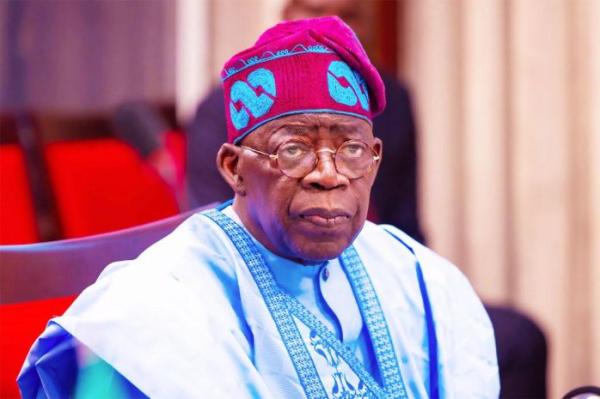
Nigeria and several other countries that have been recently hit by the Monkey Pox (MPOX) outbreak, stand to benefit from a $135m funding plan by the World Health Organization (WHO).
A statement by the organisation on Monday said the fund was necessary as it has launched a global Strategic Preparedness and Response Plan to stop outbreaks of human-to-human transmission of mpox through coordinated global, regional, and national efforts.
This follows the declaration of a public health emergency of international concern by the WHO Director-General on 14 August.
Although the current plan is subject to inputs by WHO’s member states, who were briefed on the plan on 23 August, the plan covers the six-month period of September 2024-February 2025.
During the period, a $135m funding need is envisioned for the response by WHO, member states, and partners, including the Africa Centres for Disease Control and Prevention (Africa CDC) which Nigeria is a member, communities, and researchers, among others.
The plan, which builds on the temporary recommendations and standing recommendations issued by the WHO Director-General, Dr Tedros Ghebreyesus focuses on implementing comprehensive surveillance, prevention, readiness and response strategies; advancing research and equitable access to medical countermeasures like diagnostic tests and vaccines; minimising animal-to-human transmission; and empowering communities to actively participate in outbreak prevention and control.
Strategic vaccination efforts will focus on individuals at the highest risk, including close contacts of recent cases and healthcare workers, to interrupt transmission chains.
At the global level, the emphasis will be on strategic leadership, timely evidence-based guidance, and access to medical countermeasures for the most at-risk groups in affected countries.
WHO said it is working with a broad range of international, regional, national and local partners and networks to enhance coordination across key areas of preparedness, readiness and response. This includes engagement with the ACT-Accelerator Principals group; the Standing Committee on Health Emergency Prevention, Preparedness and Response; the R&D Blueprint for Epidemics; and the interim Medical Counter Measures Network (i-MCM Net).
“The mpox outbreaks in the Democratic Republic of the Congo and neighbouring countries can be controlled and can be stopped.
“Doing so requires a comprehensive and coordinated plan of action between international agencies and national and local partners, civil society, researchers and manufacturers, and our Member States. This SPRP provides that plan, based on the principles of equity, global solidarity, community empowerment, human rights, and coordination across sectors,” said Dr Ghebreyesus.
Nigeria Intensifies Surveillance As Mpox Cases Hit 39
The Nigeria Centre for Disease Control (NCDC) said a total of 39 confirmed cases and zero deaths from mpox have been recorded across 33 states and the Federal Capital Territory.
Director General of the NCDC, Jide Idris, made the revelation at a press briefing on the declaration of mpox as a public health emergency of international concern earlier in the month.
He said the NCDC is intensifying surveillance across Nigeria to swiftly detect and respond to new cases.
According to Idris, the NCDC all port health services across all five international airports, 10 seaports, and 51 land/foot crossing borders are on high alert.
He added that some states have also been put on high alert including Lagos, Enugu, Kano, Rivers, Cross-River, Akwa-Ibom, Adamawa, Taraba, and the Federal Capital Territory, Abuja.
WHO recently declared the mpox surge in Africa a global public health emergency, worried by the rise in cases in DRC and the spread to nearby countries.
The WHO called a meeting of experts to study the outbreak and make a recommendation to Dr Ghebreyesus.
“Today, the emergency committee met and advised me that in its view, the situation constitutes a public health emergency of international concern. I have accepted that advice,” Tedros told a press conference.
“This is something that should concern us all. WHO is committed in the days and weeks ahead to coordinate the global response, working closely with each of the affected countries, and leveraging our on-the-ground presence, to prevent transmission, treat those infected, and save lives.”
The decision comes after the African Union’s health watchdog declared its public health emergency over the growing outbreak.
Mpox has swept through the Democratic Republic of Congo, where the virus formerly called monkeypox was first discovered in humans in 1970, and spread to other countries.
Tedros said the more than 14,000 cases and 524 deaths reported so far this year in DR Congo have already exceeded last year’s total.






















